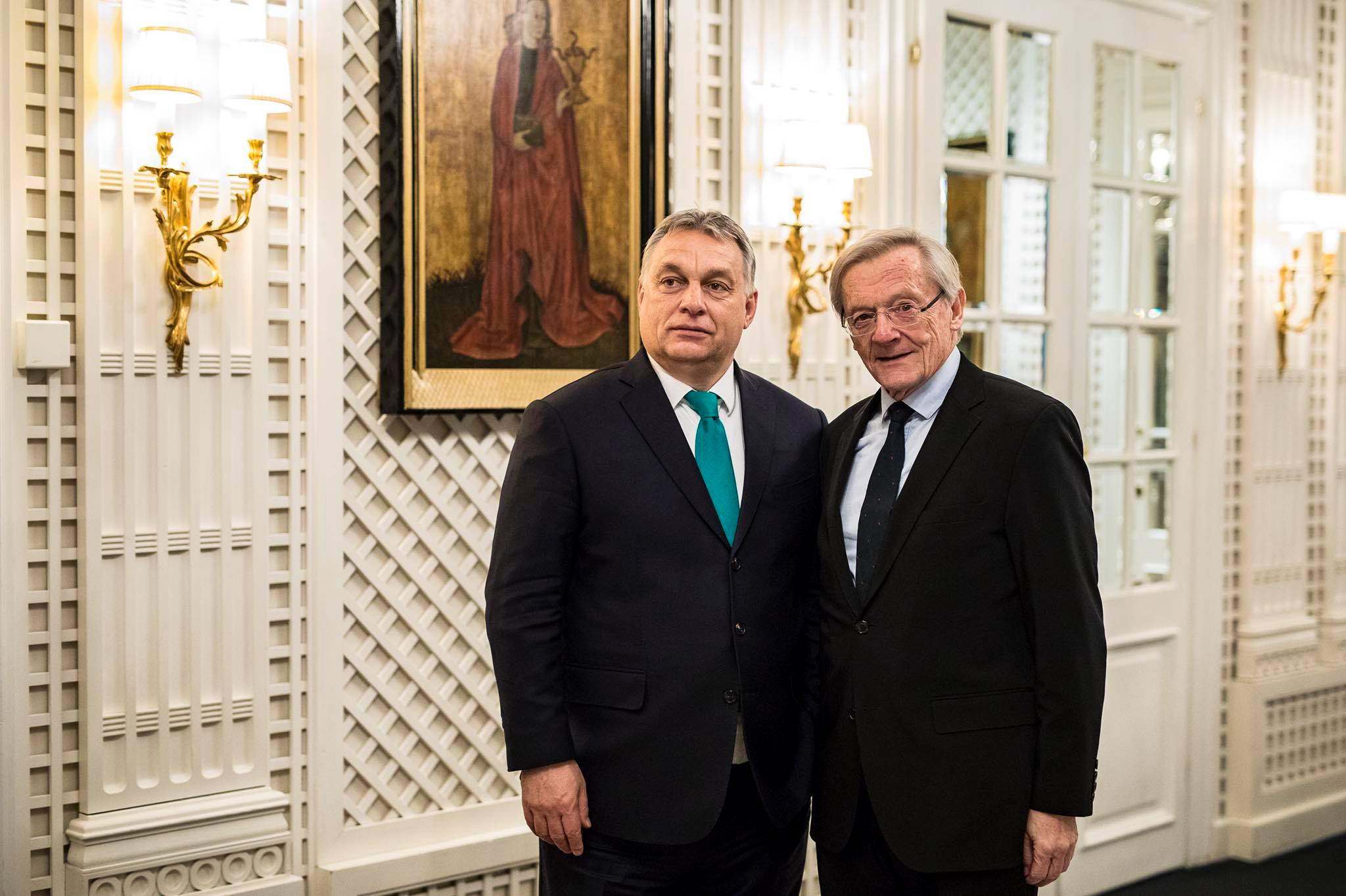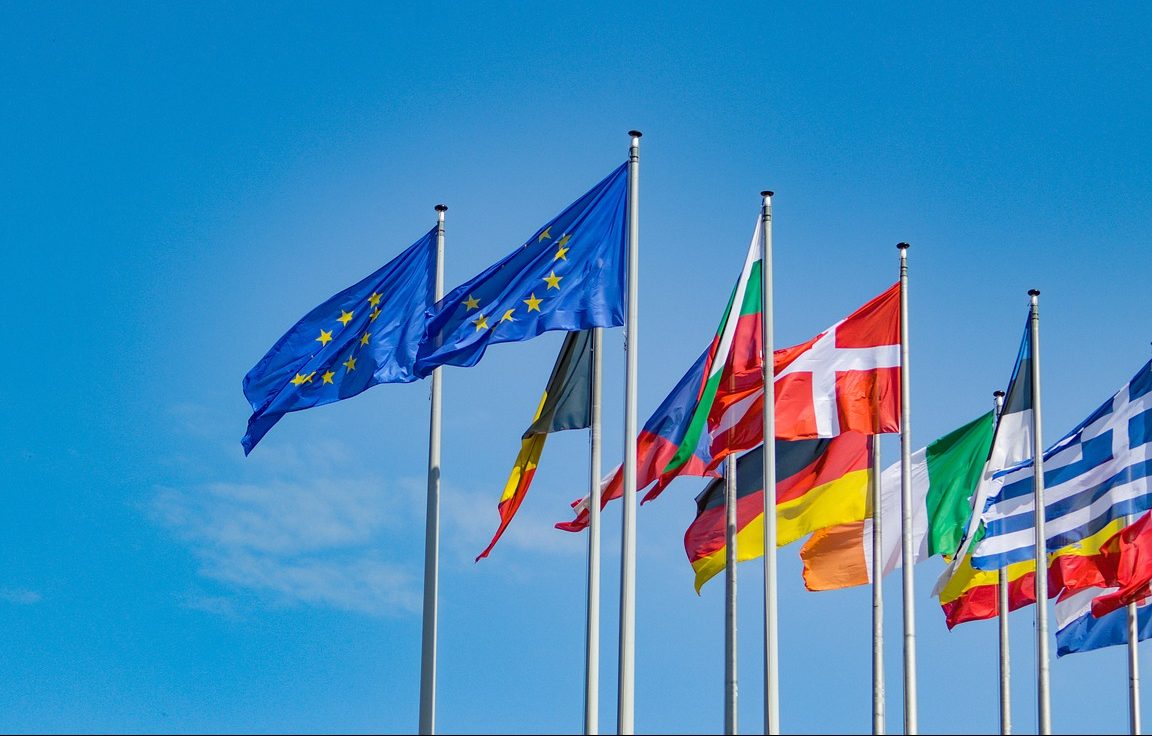
The Hungarian Prime Minister was interviewed by former Austrian Chancellor, Wolfgang Schüssel.Continue reading

Hungary will have the most pro-enlargement EU Presidency ever, when the focus will be on real performance in accession negotiations, not on political pressure, Minister of Foreign Affairs and Trade Péter Szijjártó said in Brussels on Tuesday.
At a press conference after the EU-Georgia Association Council meeting, Minister Szijjártó said that the Hungarian presidency will be the most pro-accession presidency ever, when each country will be judged on its own performance in the accession process. “We will focus on real performance in the accession negotiations,” not on responding to political pressure from external actors,” he stressed.
The politician also noted that during the Hungarian presidency, they want to keep the accession process grounded in reality and set reasonable expectations for the candidate countries. As an example, he said that before membership is granted, it cannot be expected that a given country will be one hundred percent in line with the EU’s foreign and security policy, as regional realities must also be taken into account.
Minister Szijjártó said that
Hungary would like to help Serbia open new accession chapters in the second half of this year, have Montenegro close several chapters, and Bosnia and Herzegovina, Georgia, and Moldova start real, substantive negotiations.”
He added: “Hungary is interested in a strong Europe, a strong European Union, and the strength of the European Union is based on two aspects. On the one hand, the strong Member States themselves (…), on the other hand, the momentum, dynamism and freshness of the newcomers.”
He underlined that in the current situation, the EU needs the new members at least as much, and perhaps even more than the other way around, but the problem is that the realization of all this has not yet happened. About the latter, he criticized the bloc’s “duplicity,” saying that all Member States are very supportive of enlargement policy in public, but behind closed doors the situation is different. “Some EU countries and their leaders have constantly put artificial obstacles in the way of the accession process. This is quite strongly a case of double standards,” Szijjártó stressed.
A common understanding of the lack of progress in Serbia’s EU integration is that the country’s strong historic ties with Russia could be a source of disagreements within the European approach to dealing with the conflict in Ukraine. The Serbian government’s national-conservative profile, as well as its support for the Serbian minority in Kosovo, are also a point of contention with Brussels. The government of Viktor Orbán has long been an advocate of the opinion that these issues should not hinder Serbia’s EU ambitions.
Via MTI, Featured image: Pixabay